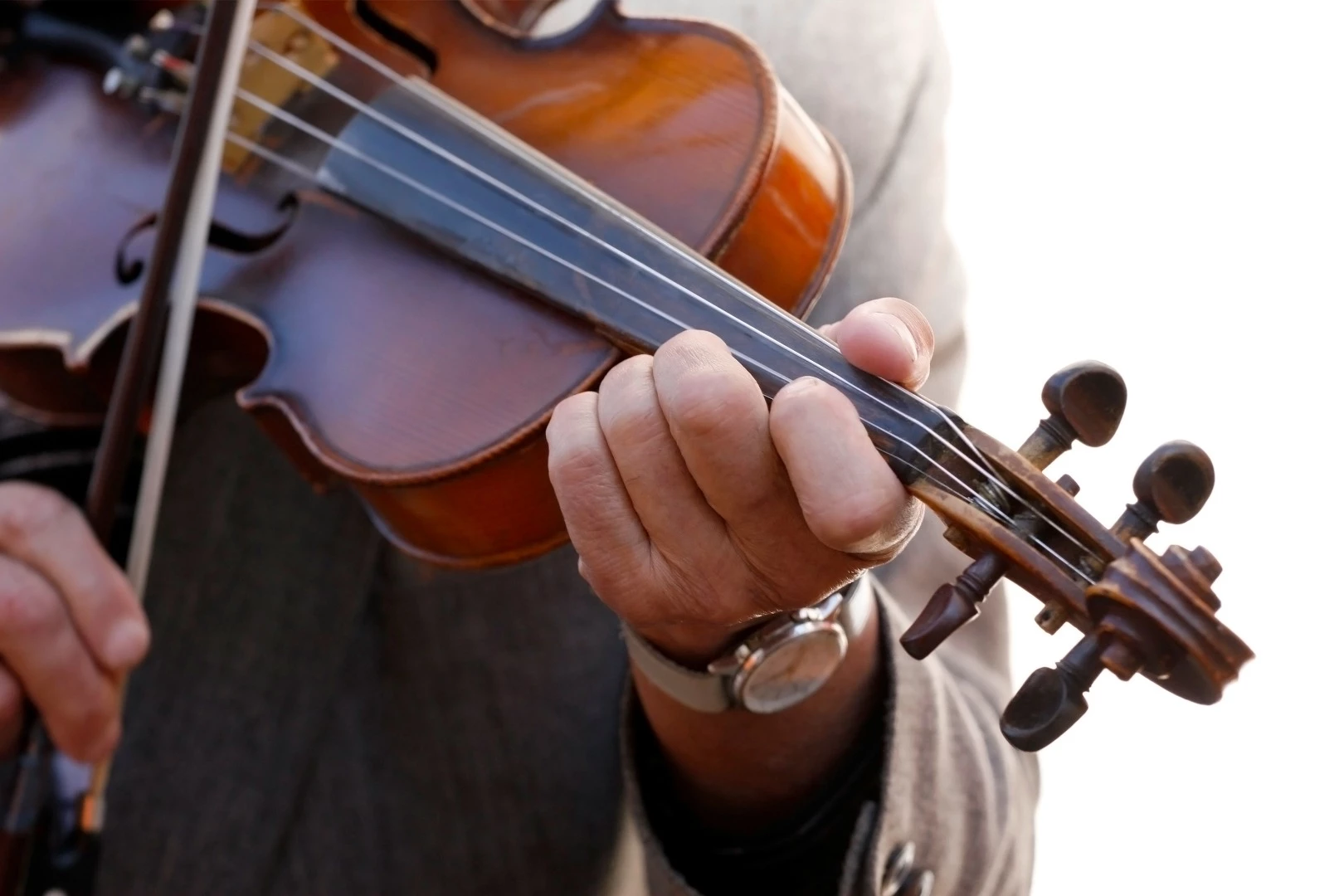It's a sad fact that as we move into old age, our reflexes tend to slow down. According to new research from the University of Montreal, however, learning to play a musical instrument may help to keep the elderly on their toes. A study conducted at the campus concluded that musicians have faster reaction times to sensory stimuli than non-musicians.
The study was led by researcher Simon Landry as part of his doctoral thesis in biomedical science, and involved 35 test subjects recruited from the student body.
Sixteen of those test subjects were musicians while 19 were non-musicians, with the musicians including eight pianists, three violinists, two percussionists, one double bassist, one harpist and one viola player. All but one of the musicians also played at least one other instrument, and all of them had at least seven years of training, starting when they were between the ages of three and ten.
The test involved seating each person in a quiet room with one hand on a computer mouse, and the index finger of the other hand on a small box that vibrated intermittently. There was also a set of speakers in front of them.
In a nutshell, they were instructed to click the mouse as soon as they felt the box vibrate, heard a burst of white noise from the speakers, or experienced both simultaneously. Each of the three types of stimuli (auditory, tactile and audio-tactile) were repeated 180 times. Once the results were analyzed, it was found that the musicians had significantly faster reaction times than their their non-musical counterparts.
"The more we know about the impact of music on really basic sensory processes, the more we can apply musical training to individuals who might have slower reaction times," says Landry. "So if we know that playing a musical instrument increases reaction times, then maybe playing an instrument will be helpful for them."
Isn't it possible, however, that people who are adept at learning to play music already have quicker reflexes?
"A follow-up study looking at whether a short period of musical training alters reaction times would provide useful information regarding this question," Simon tells us. "At this point, we don't have enough data to provide a conclusive answer."
A paper on the study was recently published in the journal Brain and Cognition.
Source: University of Montreal




